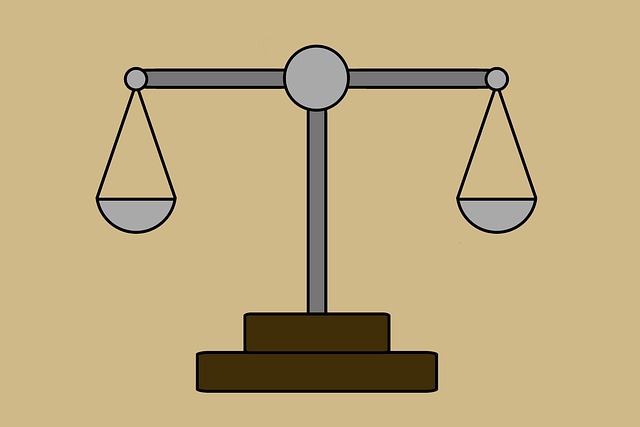The Legal Standards for Burden of Proof are essential in criminal law, ensuring prosecutors provide compelling evidence to prove guilt beyond a reasonable doubt. These standards protect defendants' rights, maintain public trust in the justice system, and influence societal perceptions of punishment. While they safeguard against wrongful convictions, complex defense strategies can challenge charges, with expert testimony and circumstantial evidence playing roles in outcomes.
Criminal law cases hinge on the delicate balance of legal standards for burden of proof, ensuring fairness and accuracy. This article delves into the core principles, starting with understanding the burden of proof in criminal law. We explore the elements of crime and the rigorous legal standards applied, along with common challenges and exceptions in proof requirements. By examining these aspects, we gain insights into the complex web of rules guiding criminal proceedings.
- Understanding Burden of Proof in Criminal Law
- Elements of Crime and Legal Standards
- Challenges and Exceptions in Proof Requirements
Understanding Burden of Proof in Criminal Law

In Criminal Law, the Burden of Proof is a fundamental legal standard that dictates the level of evidence required to establish guilt beyond a reasonable doubt. This principle ensures that individuals are not convicted based on sheer speculation or circumstantial evidence alone. The prosecution bears the responsibility of presenting compelling and substantial proof to convince the jury or judge of the defendant’s guilt. Understanding this burden is crucial in navigating complex criminal cases, as it safeguards the rights of the accused and maintains the integrity of the justice system.
The legal standards for Burden of Proof require prosecutors to establish a clear and convincing case. This means that the evidence presented must be so compelling that it leaves no reasonable alternative explanation other than the guilt of the defendant. An unprecedented track record of winning challenging defense verdicts across the country highlights the successful application of these legal standards, ensuring that justice is served fairly and impartially.
Elements of Crime and Legal Standards

In criminal law, understanding the elements of a crime is paramount as it sets the framework for the entire justice process. These elements typically include mens rea, actus rea, causation, and any applicable legal definitions or requirements specific to the offence. The Legal Standards for Burden of Proof play a crucial role in determining guilt or innocence. The prosecution bears the burden of proving each element beyond a reasonable doubt, ensuring that the defendant’s rights are protected throughout all stages of the investigative and enforcement process. This standard requires a complete and unwavering conviction, not just a probability, to secure a conviction and avoid the complete dismissal of all charges.
Beyond individual cases, these legal standards influence how philanthropic and political communities perceive and engage with the criminal justice system. They shape public trust in law enforcement and the courts, as well as societal views on punishment and rehabilitation. Thus, maintaining integrity in defining and proving crimes is essential for the fairness, transparency, and effectiveness of the entire process.
Challenges and Exceptions in Proof Requirements

In criminal law cases, the legal standards for burden of proof are paramount to ensuring fairness and accuracy in judicial decisions. The prosecution bears the responsibility of presenting compelling evidence to prove each element of a crime beyond a reasonable doubt. This high standard is designed to protect individuals from wrongful convictions, one of the cornerstone principles of a just society. However, navigating these requirements can be challenging, especially when defendants employ sophisticated and winning challenging defense strategies.
Despite the clear legal standards, exceptions and variations in proof requirements can arise. These may include situations where circumstantial evidence plays a significant role, or when certain types of crimes carry lower burdens of proof. In some cases, alternative means of proof, such as expert testimony or scientific analysis, might be employed. Achieving a complete dismissal of all charges is not uncommon through robust and strategic defense, particularly in jury trials where the collective judgment of peers can sway the outcome significantly.
In understanding criminal law cases, it’s crucial to grasp the intricate balance of the legal standards for burden of proof. By comprehending the elements of crime, challenges in proof requirements, and various exceptions, we can navigate the complexities of these proceedings effectively. This knowledge ensures a fair and just application of justice, where the accused’s rights are protected while maintaining societal safety.






